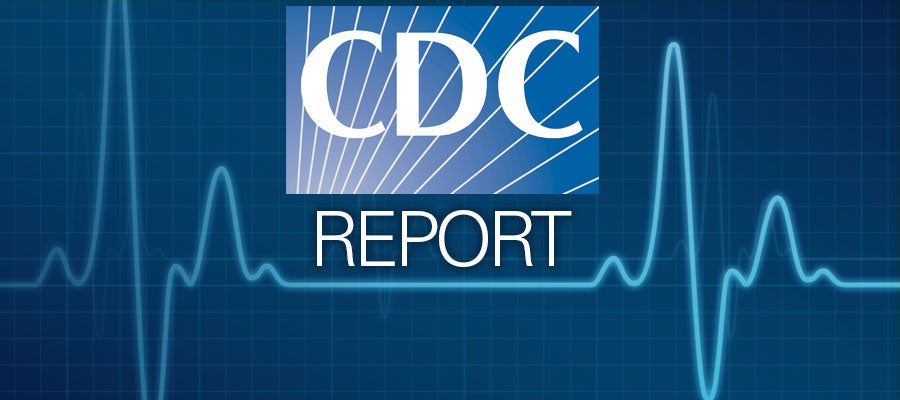In a push to compel more Americans to seek health insurance coverage and protect themselves from COVID-19, the AHA, American Medical Association, American Public Health Association and a host of other organizations, elected leaders, states, individual hospitals and doctors announced Get Covered 2021.








